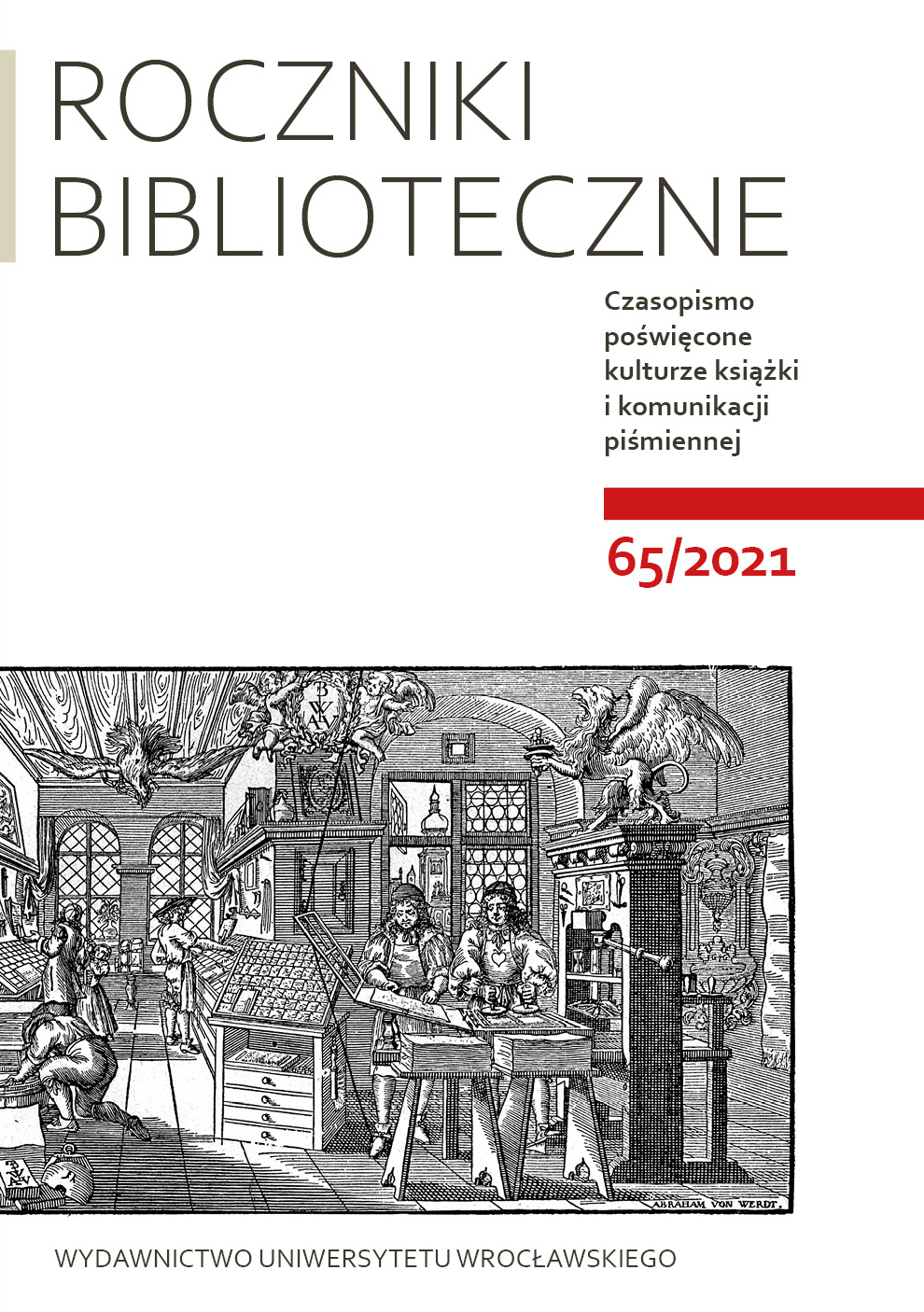

Artykuły i materiały

Successfully profiting from textbook publishing as the typographer at Vilnius University, Józef Zawadzki (1781‒1838) established one of the most important and most successful book publishing, production, and distribution companies of the 19th and the first half of the 20th century in the territories of former Polish-Lithuanian Commonwealt. The Zawadzki firm represented the new category of professional publishers. Over the first seventy years of the firm’s existence at the firm’s expense were published 122 Lithuanian books, as well as printed about 50 Lithuanian publications at their authors finances. The attitude of the members of Zawadzki family regarding the publishing of Lithuanian books essentially changed. While the Józef Zawadzki was indifferent towards them, in the middle of the 19th century Adam Zawadzki (1814‒1875) outcompeted other professional book publishers and distributors, and monopolized the publishing of Lithuanian books in the Samogitian Diocese, becoming not only the most important publisher of Lithuanian books, but also their printer and distributor. The successful realization of Adam Zawadzki’s business plans was partly due to his longstanding contacts with the most active figures of Lithuanian written culture, with whom he maintained a new form of cooperation based on authorial royalties, partly due effectively distribution of published matter, using first stationary bookstore in the periphery, located in the west of Lithuania (which served as a retail and wholesale trade enterprise), various ways of non-stationary book trade, services of a commercial library and advertising. Owing to Adam’s efforts, the Zawadzki firm made a significant contribution uniting main forces of authors and publishers of Lithuanian books in 19th century Lithuania, renewing the repertoire of Lithuanian books, as well as giving Lithuanian book publishing, production and distribution features characteristic for a modern business. A model of dealing with censorship through illegal publishing, developed with the publication Apej brostwą błaiwistes arba nusiturieima, was used throughout all the forty years of the press ban and helped raising several generations of literate Lithuanians and bringing Lithuania and Lithuania Minor closer together.